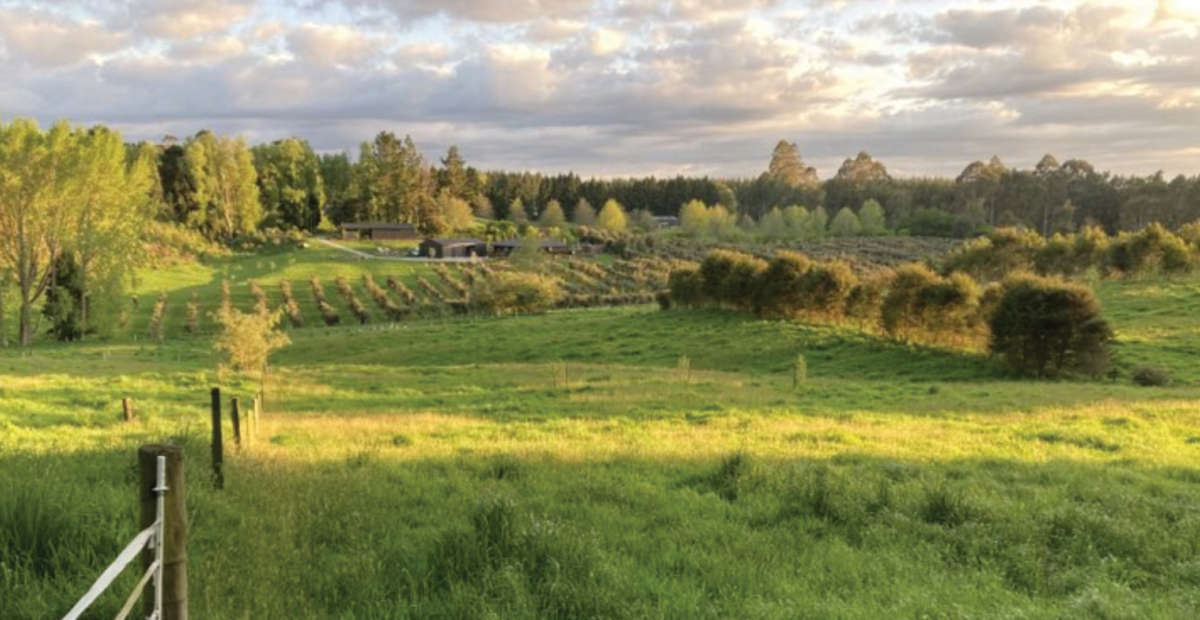
Executive summary
Environmental degradation resulting, in part, from globalised food systems, including New Zealand’s practices, has led to an alarming failure in ensuring food security and community resilience. This degradation induced climate change, creating a self-destructive cycle (Dury et al., 2019). New Zealand, like many regions, grapples with the extensive repercussions of these issues. Addressing these challenges is paramount for the nation’s security and economy.
In New Zealand, the predominant approach to address these issues centres on the existing industrial farming systems and strives for improvement through technology and innovation. However, it’s not just incremental changes that are needed; a paradigm shift is required. Within the country a distinct group of small-scale food growers are utilising techniques aligned with international literature and practices.
The question arises: Can small scale food growers help New Zealand’s domestic food security while simultaneously benefiting the environment and community resilience?
This study has a dual purpose: firstly, to comprehensively understand New Zealand’s small-scale food growers, their integration into the landscape, ecosystems, and communities; and secondly, to underscore the significance of these growers in addressing New Zealand’s present and future challenges.
To achieve these objectives, this research project combines a thorough literature review with an examination of a select group of ten small-scale food growers in New Zealand, operating on land blocks smaller than ten hectares. The research comprises twenty interviews, including thirteen growers, three thought leaders, two business representatives, and one consultant and facilitator each. These interviews undergo thematic analysis, which is later compared with the literature review’s findings.
Key findings indicate that the current terminology associated with this group of growers and their land size is inconsistent and unrepresentative. Crop diversity, the primary technique used on small-scale food farms in New Zealand, has a positive impact on the natural environment. Moreover, crop diversity leads to increased distribution diversity and enhanced community resilience.
Recommendations:
1. Create a robust identity to unite the small scale food grower sector
2. Quantify the produce impact of small scale growers in local communities, through investment in research
3. Sector leadership must participate in conversations for future domestic food security solutions
4. Use this report as a catalyst to initiate the above actions
Download and read the full report here:




